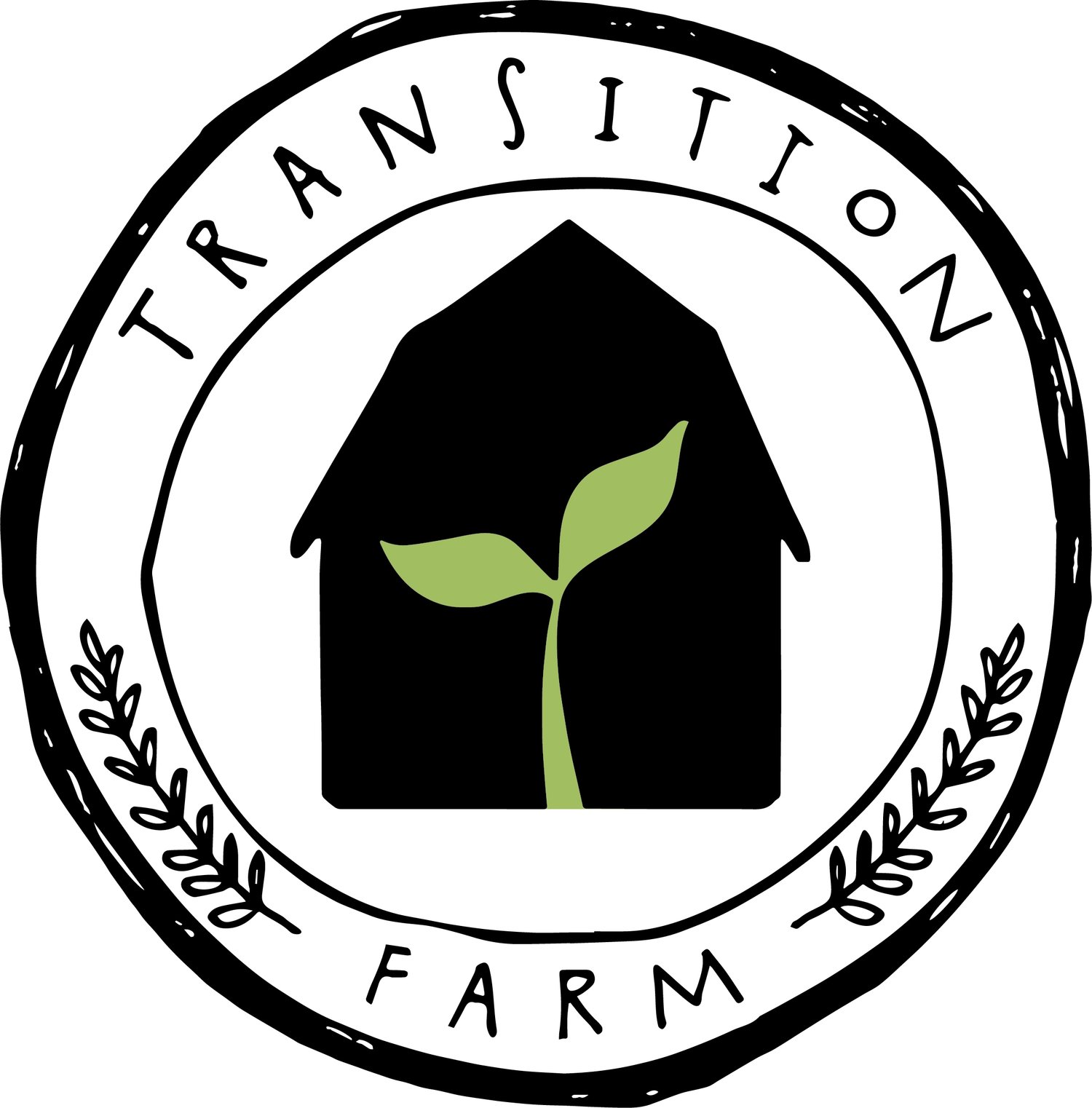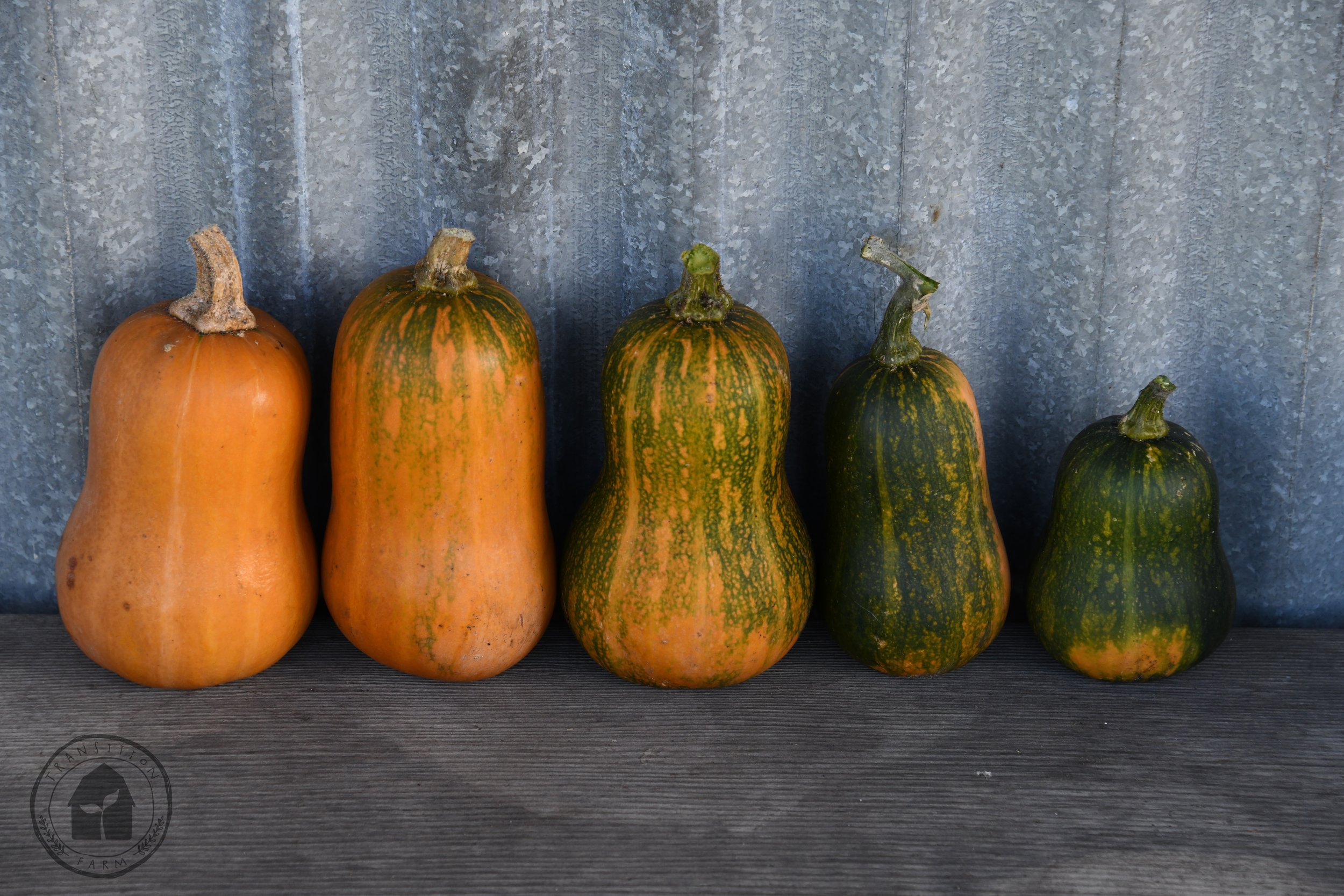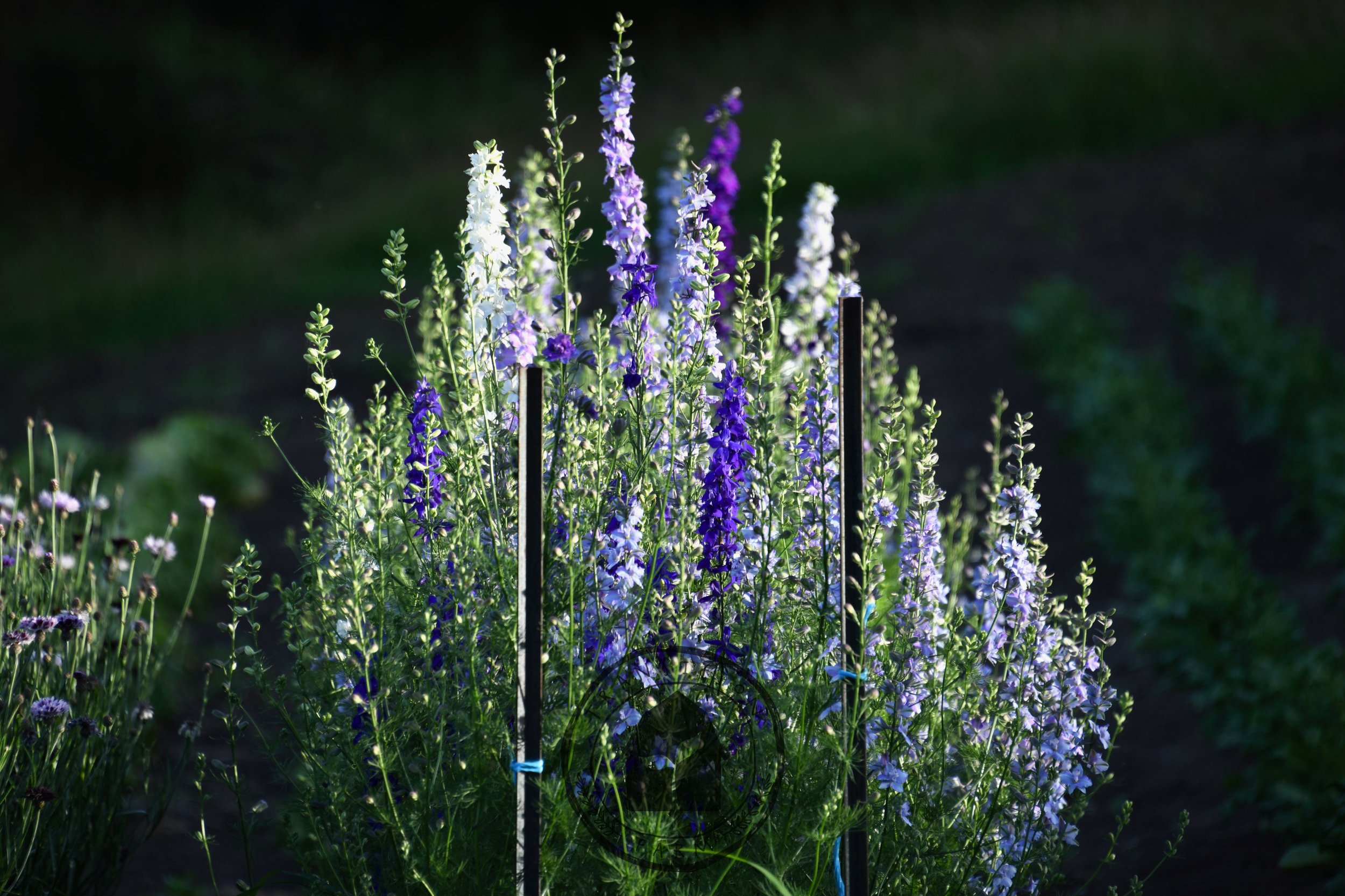Variety Spotlight - 'HONEYNUT' - the mini butternut with intense flavour
/The result of a cross between a butternut and a buttercup, ‘Honeynut’ may have remained a university breeding trial if it wasn’t for the collaboration between a chef and a vegetable breeder. The chef, Dan Barber of Blue Hill at Stone Barns in New York, tasked the vegetable breeder, Michael Mazourek of Cornell University, to create a butternut squash that not only tasted great without other ingredients but was also miniature in size.
The partnership highlighted flavour as a selection criteria - In each generation of the squash’s development, Mazourek would choose fruit that met the size and shape and yield criteria and then bring Barber numbered squash for the flavour and texture evaluation. Barber dry-roasted them at high heat, caramelizing the interior, moving forward the selections that had the perfect combination of dense texture, akin to the buttercup squash, and natural sweetness. “Once we roasted them, that’s when the Honeynut really emerged—I realized how technique affected final flavor, and then we bred to achieve that,” Mazourek said.
Traditional plant breeders and home gardeners used flavour as an indicator - selecting seeds from the most tasty fruits. But with the globalization of food, criteria such as shelf life and truck-ability as well as yield and disease resistance, have been favored by modern breeding. Mazourek and many other contemporary plant breeders, are distilling flavour down to genes and highlighting flavour as an indicator of a plants ability to mine for nutrients and the inherent genetic make up of a variety.
The final product of this breeding work is ‘HONEYNUT’ - a 15cm squash with a naturally rich flavour that has an inherent sweetness which is more malt imbued then sugar sweet and a dense texture that does not have a high water content . The skin is thin and edible and they have have three times the amount of beta-carotene packed in. Mazourek described ‘Honeynuts ‘ as “starchy with a smooth, even texture, and a flavor that gets sweeter as you eat it.” Its exterior is a deep honey color, and that—in addition to its inherent sweetness—is why it was named ‘Honeynut’.
‘Honeynut’s commercial success has been driven by international chef’s frenzy. Now available at farmer’s markets and many chain grocery stores in the United States, this relatively “new” variety is showcasing the diversity available in our food!
Transition Farm have been using Mazourek’s breeding criteria, including ensuring the brix level of the mature fruit is high, while also breeding for earliness in flower formation which translates to early maturing fruit. As it takes about eight weeks for the squash to mature, earliness helps growers with shorter growing seasons. We have also been breeding for high female flower formation and a balance of male and female flowers - This has translated into an increase of four times the yield since our first generation of ‘Honeynuts’ . We are offering third generation certified Demeter biodynamic and certified organic ‘Honeynut’ seed.
How do you know when squash is at its ripest and tastiest? Mazourek, has added one more interesting feature into his breeding - a colour indicator for maturity!
Beginning as a bright green color, like a zucchini, and then — depending on temperature, sunlight and other factors — it turns orange in the last couple weeks, signaling it has achieved peak flavor and nutrition.
Another great feature for home gardeners, ‘Honeynuts’ are more compact pumpkin plants with vines that stretch about 1.5m compared with 3m of many other pumpkins.
‘Honeynuts’ are ideal for roasting and stuffing. They pair well with kale, miso, radicchio, green apples, pine nuts, quinoa, farro, garlic, onion, chives, thyme, sage, nutmeg, cinnamon, black beans, Parmesan cheese, mushrooms, corn, maple syrup, and honey.
Because of their thin skin, ‘Honeynuts’ are not a long storage pumpkin. When they start to get wrinkly, it is time to use them up. We think they are well worth the garden space and another truly seasonal delight!
We are excited by our partnership with Cornell University. A portion of our 'Honeynut' seed sales is returned to their breeding program to support breeding in the public sector.





















